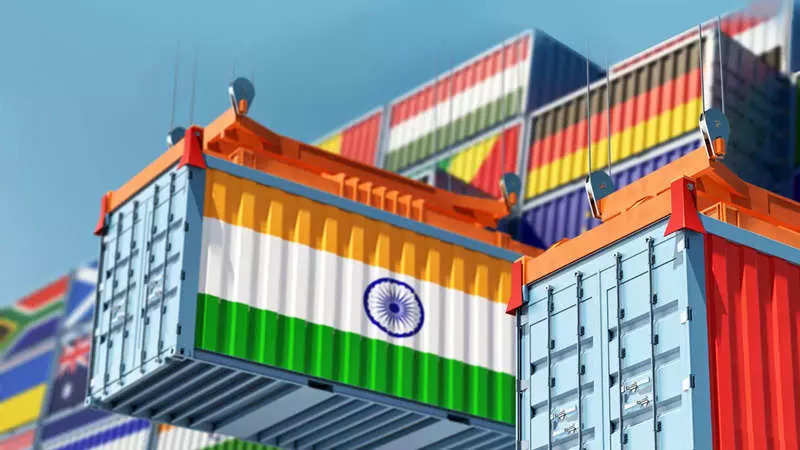
India mulls wider Swadeshi manufacturing policy to cut import dependence amid FY27 Budget preparations
NEW DELHI : In the Budget for 2025-26, the government announced the National Manufacturing Mission, covering certain small, medium and medium industries to further Make in India, with an outlay of Rs 100 crore. The Indian government is considering a broader Swadeshi manufacturing policy to reduce dependence on foreign goods and better navigate unpredictable global trade actions, according to sources.
Inter-ministerial discussions, including with the finance ministry, have begun to explore ways to boost domestic manufacturing and expand the scope of the National Manufacturing Mission (NMM), one government official said.
These discussions come amid preparations for the upcoming Budget for the next financial year, which is likely to be presented on February 1.
In the Budget for 2025-26, the government announced the National Manufacturing Mission, covering certain small, medium and medium industries to further Make in India, with an outlay of Rs 100 crore.
The NMM presently provides policy support for certain sectors like clean-tech manufacturing and domestic value addition for solar PV cells, EV batteries, motors and controllers, electrolysers, wind turbines, very high voltage transmission equipment and grid scale batteries. It also covers certain labour-intensive sectors such as footwear and leather.
“At present, the focus is on five clusters, such as engineering, electronics, consumer products, life sciences and chemicals. Going forward, some new labour-intensive clusters may be added,” this official said.
To be sure, the central government has yet to decide whether the policy will feature in the FY27 Budget, even as discussions continue.
Efforts to broaden India’s manufacturing policy comes as the sector’s share of GDP remains stuck at about 16 to 17 percent, still far from the goal of reaching 25 percent by 2030.
A second source in the know of the matter said that a good start was made with the manufacturing mission on clean-tech, but given the volatile global trade environment, it is time for a full-fledged manufacturing policy “on MSMEs, job creation, technology upgradation, aimed at reducing dependence on foreign countries.”
To be sure, India does have the production-linked incentive (PLI) scheme to enhance domestic manufacturing, with an outlay of Rs 1.97 lakh crore across various sectors for a five-year period starting 2021–22.
But the PLI scheme has had a mixed journey so far since large-scale electronics manufacturing has seen unparalleled success, sectors such as steel and textiles remain laggards due to low utilisation.
Need for Swadeshi
The push for a broader manufacturing policy follows a period when most Indian exports are facing steep 50 percent tariffs in the US. Additionally, sourcing rare-earth magnets has become challenging, with China, the major supplier, intensifying export curbs.
At the same time, other economies like the European Union are responding with higher steel duties and tighter import quotas, reflecting the ripple effects of the US levies under President Donald Trump.
Even as this plays out, India is actively negotiating free trade agreements with several countries and economic blocs.
Commerce Minister Shri Piyush Goyal on November 18 highlighted the need to transform the India into a domestic manufacturing and industrial hub.
He stated that India must expand competitive manufacturing and strengthen self-reliance in goods that can be produced efficiently within the country. While noting that certain products may still have to be sourced from abroad due to gaps in technology, scale or capability, he cautioned that this must be accompanied by a careful assessment of supply-chain vulnerabilities.
Goyal urged Indian industry to examine whether they are excessively dependent on a single geography or supplier, especially in a global environment where trade can be weaponised, citing the risks associated with dependence on external suppliers for critical items and stressed that developing India as a global manufacturing hub must remain high on the national agenda.
Source : Moneycontrol

